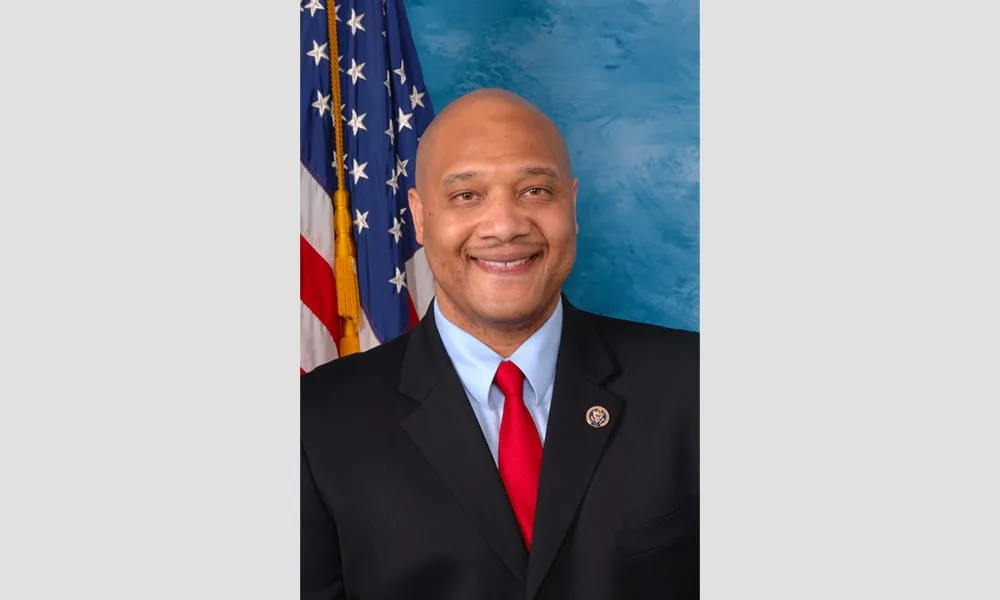
For years, the price of health care services and prescription drugs have soared, with little relief for working families.
The Biden administration has been working hard to lower health care costs for those who need it most. We’re already seeing the effects of that fight. In fact, millions of Americans are already saving money on the medication they need — especially seniors.
On October 15th, the Medicare Open Enrollment period began and seniors now have the opportunity to sign up for the program until December 7th. This year, they are able to choose Medicare plans with new cost-saving benefits that came out of laws I was proud to vote for, including the Inflation Reduction Act.
Expanding access to Medicare and lowering the cost of prescription drugs is key to achieve more fairness in our health care system.
Racial inequity is present in every corner of health care. That’s why I continue to advance legislation that addresses Black Americans’ high rate of pancreatic cancer – more than any other demographic in the United States. This includes increasing funding for research for early detection that can save lives. Most recently, we lost Richard Roundtree, the iconic actor who portrayed Shaft, plus my mentors, former Congressmen John Lewis and Alcee Hastings – all lost their battles against pancreatic cancer. That doesn’t mean Black Americans are biologically more likely to get pancreatic cancer. It means we have less access to early detection which can provide lifesaving treatment. I’ll continue fighting to ensure there is more funding and research to tackle this disease’s devastating impact on the Black community.
Another factor worsening these disparities is the racial gap in insurance coverage. In 2019, data from the US Census Bureau’s American Community Survey, shows 9% of white Americans under age 65 were uninsured, while 14% of Black Americans and 26% of Hispanic Americans were. Recent research indicates that once Medicare becomes available, racial and ethnic gaps in healthcare access start to close, suggesting that expanded access to Medicare or other universal health insurance could put a dent in these disparities. The number of elderly Black Americans is growing, amplifying the need for Medicare expansion. In Indiana, roughly 7% of Medicare beneficiaries are Black. By 2025, racial and ethnic minorities will account for one in three Americans ages 65 and older. I will continue working to strengthen this program so no one on Medicare has to go without lifesaving medications because of cost.
Thanks to the Inflation Reduction Act, the cost of insulin for Medicare beneficiaries is now capped at $35 per month. For many, that monthly cost will come down from as high as $200 per month. With higher incidences of diabetes for Black Americans, the affordability of insulin is more important than ever.
As of October 15th, many beneficiaries pay less for prescription drugs. Any drug covered by Medicare Part B will have a lower coinsurance if the price has increased above inflation. In 2024, Medicare Part D enrollees who have drug costs high enough to go beyond a certain threshold will no longer be required to pay any cost sharing for their Part D drugs. Starting January 1, 2024, this threshold is set at $8,000. That means seniors with some of the highest prescription drug costs could see thousands of dollars in savings next year. By 2025, this will move to a flat $2,000 cap on out-of-pocket prescription drug costs, saving nearly 19 million seniors an average of $400 a year.
We’ve also ensured that recommended vaccines are covered under Medicare without cost-sharing. That means no out-of-pocket cost for vaccines to prevent shingles, tetanus, hepatitis, COVID, and the flu.
Finally, starting this month, if a drug company raises the price of a Medicare Part D prescription by more than the rate of inflation, the manufacturer will have to pay the difference in price back to Medicare. That means more money for Medicare to cover costs — savings that will be passed onto seniors.
None of this happened by accident – it’s a direct result of progressives in Congress pushing to strengthen Medicare, even as some extremists attempt to cut it. With President Biden’s leadership, we’re lowering health care costs so that no one has to worry about being able to afford the medicine they need.
Over the years, my office has assisted countless seniors in Indianapolis with applying for and accessing Medicare benefits, plus a variety of other federal programs that can improve life for you and your family. If you have questions about Medicare Open Enrollment, how you can change your own plan or how to work with the seniors in your life to get them on Medicare, please contact my office at (317) 283-6516 or visit www.Medicare.gov.

